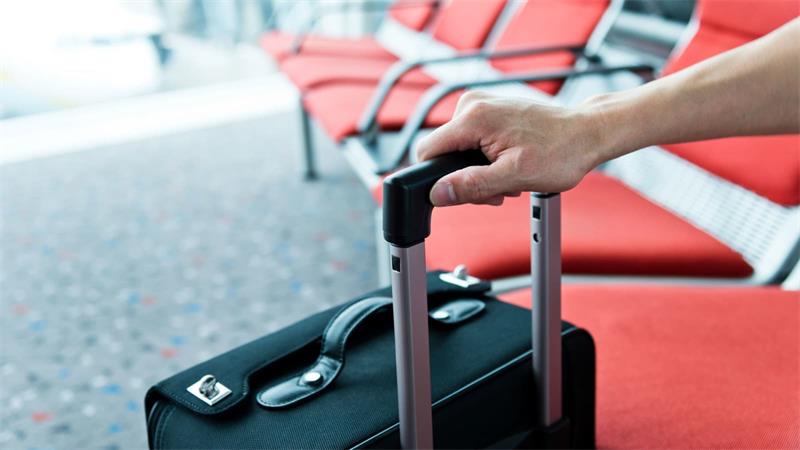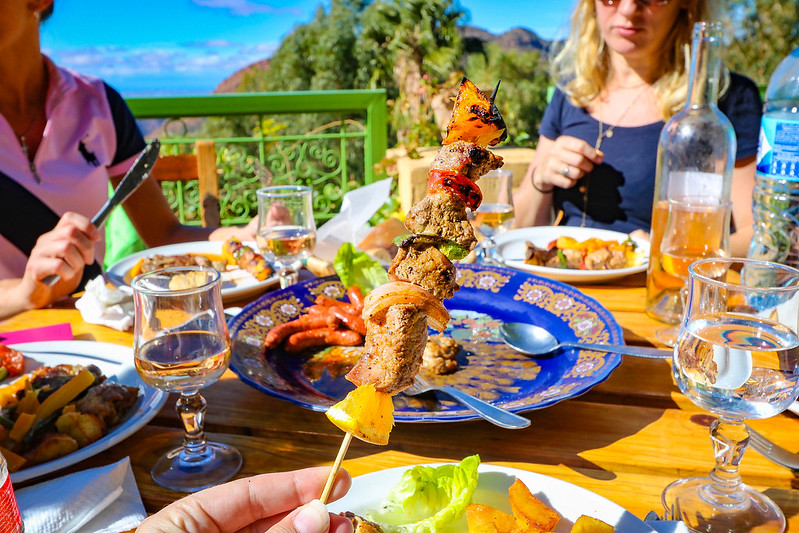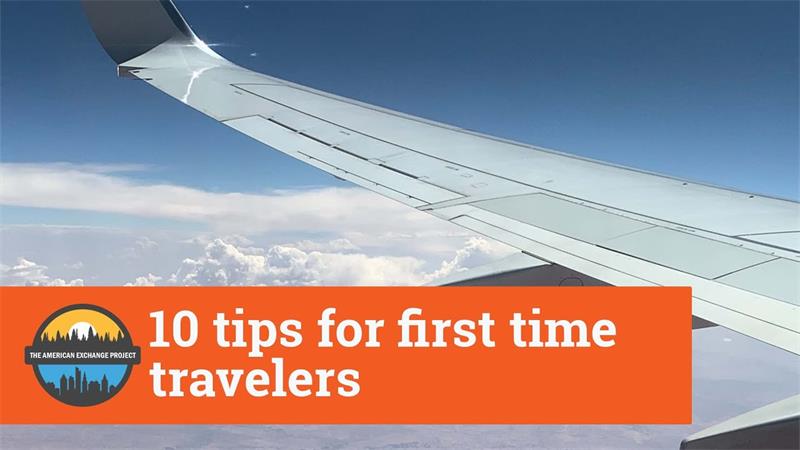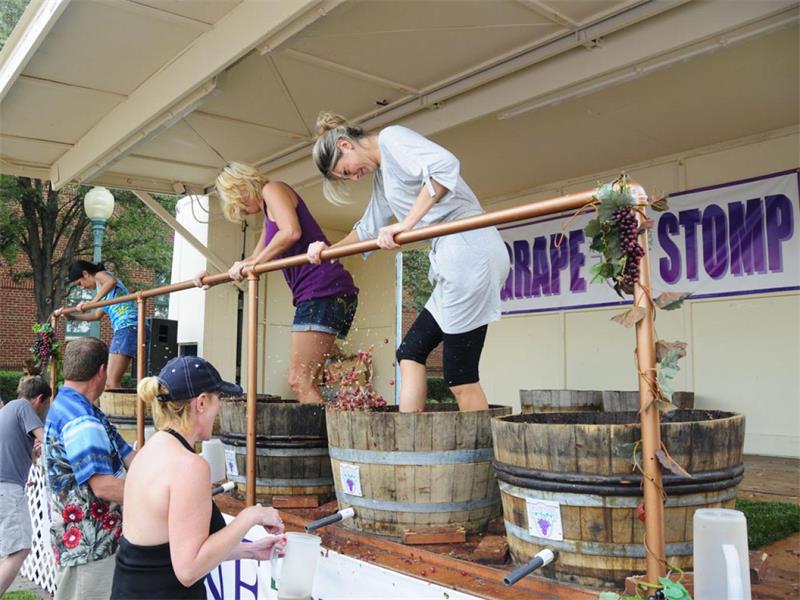Contents
The Excitement of Traveling Abroad
Traveling abroad is an exciting and exhilarating experience. Visiting new places, experiencing different cultures, and meeting new people can broaden your horizons and leave you with unforgettable memories. Whether you’re traveling for business or pleasure, being in a foreign country can be an incredible adventure.
The Importance of Staying Safe
While the thought of exploring exotic lands may be thrilling, it’s important to remember that traveling abroad comes with inherent risks. Ignoring safety precautions can lead to serious consequences such as theft, injury, or even death.
Therefore, it’s essential to take extra precautions when you’re in an unfamiliar place. In today’s world where global terrorism is on the rise and crimes against tourists are becoming more common in certain areas of the world, it’s imperative that you take steps to keep yourself safe while traveling abroad.
Why You Need to Stay Safe While Traveling Abroad
Staying safe while traveling abroad isn’t just a matter of survival – it also ensures that your trip will be enjoyable and stress-free. If you don’t take necessary safety measures, you may end up losing valuable possessions, getting scammed out of money or being pickpocketed. Furthermore, if something goes wrong during your trip such as physical injury or illness requiring medical attention – not having taken proper precautions could make a bad situation worse.
Additionally- staying safe means avoiding run-ins with local law enforcement which could result in fines or even spending time behind bars in another country – this experience could be very traumatic for anyone traveling alone especially. – For all these reasons listed above and many more yet unmentioned; staying safe while traveling should always be at the top of your priority list whether traveling for leisure or business purposes alike.
Research Your Destination
Look up travel advisories and warnings from reputable sources
Before traveling abroad, it’s important to research your destination. One of the first things you should do is look up travel advisories and warnings from reputable sources.
The US Department of State provides country-specific information on safety and security, entry and exit requirements, health conditions, local laws and customs, etc. Other useful resources include the Centers for Disease Control and Prevention (CDC), World Health Organization (WHO), and International SOS. It’s important to note that travel advisories are subject to change depending on current events or situations in a given country.
For example, protests or political unrest can occur suddenly and impact local safety. It’s best to check for updates regularly before departing for your trip.
Learn about local customs, laws, and cultural norms
Another important part of researching your destination is learning about local customs, laws, and cultural norms. This can help you avoid offending locals unintentionally or breaking any rules that could result in legal trouble. For example, some cultures may have specific dress codes or restrictions on public displays of affection.
In some countries, certain types of behavior that may be acceptable in Western culture are considered rude or offensive. Additionally, there may be specific rules around alcohol consumption or drug use.
It’s also worth researching any potential scams aimed at tourists in your destination country so you can identify them if they happen to you. Overall, taking time to research your destination can help ensure a safer trip with fewer surprises along the way!
Secure Your Belongings
Invest in a Sturdy Lock for Your Luggage
One of the worst things that can happen to you while traveling is having your luggage stolen or tampered with. A strong and durable lock is an essential accessory for any traveler.
Invest in a high-quality combination lock, which is much harder to pick than one with a key. Combination locks are also convenient because you don’t have to worry about losing the key.
Another option is to buy a TSA-approved lock, which allows airport security personnel to unlock your luggage if necessary without damaging it. These locks have a special identification code or symbol on them, so make sure you look for this when purchasing one.
Keep Important Documents (Passport, ID, etc.) in a Secure Location
Your passport and other important documents are some of the most valuable things you will carry on your travels. Losing them could be a nightmare scenario that could derail your entire trip. Keep these items in a secure location at all times – preferably on your person or in the hotel safe.
When out and about, keep important documents and identification securely tucked away in the inner pocket of your bag – never leave them loose inside your purse or backpack where they can easily fall out. If possible, scan copies of all important documentation before leaving home and store them on an encrypted cloud service like Google Drive or Dropbox.
Use A Money Belt Or Hidden Pouch To Carry Cash And Valuables
Using a money belt or hidden pouch is another way to ensure that important items like cash and valuables remain safe while traveling abroad. A money belt fits snugly around your waist under clothing and has compartments for storing cards, passports, cash and other small items; so you can keep everything close without worrying about pickpockets.
Hidden pouches can also be worn under clothing and provide a secure storage option for cash, keys, and other valuables. They are particularly useful for outdoor adventures where you might need to carry a passport or other important documents.
Investing in a sturdy lock, keeping important documents secure and using a money belt or hidden pouch are all essential ways to stay safe while traveling abroad. With these tips in mind, you can relax and enjoy your trip without having to worry about losing important items or being targeted by thieves.
Be aware of your surroundings
Stay alert in crowded areas such as markets or public transportation.
One of the most important things to remember when traveling abroad is to always be aware of your surroundings. This is especially true when you’re in a crowded area, such as a market or on public transportation.
In these situations, it’s easy for pickpockets and other criminals to take advantage of you if you’re not paying attention. To stay safe, keep your valuables close to you and avoid carrying large amounts of cash.
If possible, use a credit card instead of carrying cash. Also, keep an eye out for any suspicious behavior and be prepared to leave the area if things start to feel unsafe.
Avoid walking alone at night or in unfamiliar areas.
Walking alone at night or in unfamiliar areas can be dangerous no matter where you are in the world. When traveling abroad, it’s best to avoid doing so altogether. Stick to well-lit and populated areas whenever possible and always let someone know where you’re going.
If you must walk alone at night, stay on well-traveled roads and avoid shortcuts through dark alleys or parks. It’s also a good idea to carry a whistle or personal alarm that can help draw attention if you need help.
Familiarize yourself with emergency services and how to contact them.
Before traveling abroad, make sure that you know how to contact emergency services such as the police, ambulance service, and fire department. This information may not be the same as what you are used to back home.
Take the time before your trip to research emergency numbers for each country that you will be visiting. You may want to consider writing these down on a piece of paper or saving them in your phone so that they are easily accessible if needed.
Being aware of your surroundings is one of the most important things you can do to stay safe while traveling abroad. By staying alert in crowded areas, avoiding walking alone at night or in unfamiliar areas, and knowing how to contact emergency services, you’ll be well-prepared for any situation that may arise.
Blend in with the locals
One of the best ways to stay safe while traveling abroad is to blend in with the locals. This means dressing appropriately for the culture and climate, avoiding wearing flashy jewelry or carrying expensive items that may attract attention, and learning basic phrases in the local language to communicate with locals.
Dress appropriately for the culture and climate
Dressing appropriately for the culture and climate can help you avoid unwanted attention from both locals and potential thieves. Research what is considered appropriate dress in your destination country before you go. In some countries, dressing modestly is important when visiting religious sites or government buildings.
In other countries, revealing clothing may be frowned upon. The climate of your destination also plays a role in what you should wear.
Staying comfortable is important, but it’s also important to dress appropriately. For example, if you’re visiting a tropical country where shorts are common, make sure they are knee-length or longer if you’re planning on visiting temples.
Avoid wearing flashy jewelry or carrying expensive items that may attract attention
Avoiding wearing flashy jewelry or carrying expensive items can also help you blend in with the locals and reduce your risk of being targeted by thieves. Expensive watches, designer purses, and cameras can draw unwanted attention while walking down busy streets or riding public transportation.
If it’s necessary to bring valuable items with you on your trip, keep them hidden away when not needed. A money belt worn under clothing is a great way to carry cash and credit cards without drawing attention.
Learn basic phrases in the local language to communicate with locals
Learning basic phrases in the local language shows an effort to respect and appreciate local customs which can go a long way when interacting with locals. Knowing how to say hello, thank you, and ask for directions can help make your trip smoother and more enjoyable.
If you’re planning to stay in an area where English isn’t commonly spoken, it’s particularly important to learn a few key phrases. Language apps like Duolingo or Rosetta Stone are great resources to help you learn basic language skills before your trip.
Practice Safe Transportation Habits
Only Use Licensed Taxis or Ride-sharing Services
When it comes to transportation while traveling abroad, it’s important to take extra precautions and only use licensed taxis or ride-sharing services. This means avoiding unmarked cars or individuals who offer rides for cash.
While it may be tempting to save some money, taking these risks can put you in danger. Licensed taxis and ride-sharing services are regulated by local authorities and undergo background checks on their drivers.
They also have proper insurance coverage in case of accidents. By using these services, you can have peace of mind knowing that you’re traveling with a reputable company.
Avoid Hitchhiking or Accepting Rides from Strangers
Hitchhiking might seem like a fun and adventurous way to get around, but it’s incredibly risky. You never know who you might be getting into a car with and what their intentions are. In many cases, hitchhiking has led to serious crimes including robbery, assault, and even murder.
Similarly, accepting rides from strangers is not recommended when traveling abroad. Even if the individual appears friendly or trustworthy, they may not have your best interests in mind.
Check the Safety Records of Any Tour Companies Before Booking Excursions
If you plan on booking any excursions or tours during your travels abroad, make sure to do your research beforehand. Check the safety record of any tour companies you’re interested in using and read reviews from other travelers. It’s important to find reputable companies that prioritize safety over profit.
Look for companies that adhere to strict safety guidelines and have trained professionals leading tours. Don’t be afraid to ask questions about safety measures before booking any tours or activities.
By practicing safe transportation habits while traveling abroad, you can minimize the risk of accidents or dangerous situations occurring during your trip. Remember to always prioritize your safety and be cautious when it comes to transportation.
Conclusion
Traveling abroad is an exciting and enriching experience, but it’s important to prioritize safety while doing so. By taking a few precautionary measures, you can ensure a much smoother and safer journey. Here are the key takeaways:
Research Your Destination
Before departing, research your destination thoroughly and keep up with any travel advisories or warnings from reputable sources. It’s also important to learn about local customs, laws, and cultural norms. Doing your homework ahead of time will help you avoid any potential legal or cultural mishaps.
Secure Your Belongings
Keeping your belongings secure is another essential part of staying safe while traveling abroad. Invest in a sturdy lock for your luggage and consider keeping important documents in a secure location like a hotel safe or money belt. Avoid carrying flashy jewelry or expensive items that may attract unwanted attention.
Be Aware of Your Surroundings
Being aware of your surroundings is key to avoiding potential dangers while traveling abroad. Stay alert in crowded areas such as markets or public transportation, and avoid walking alone at night or in unfamiliar areas. It’s also important to familiarize yourself with emergency services and how to contact them.
Staying safe while traveling abroad can seem overwhelming at first, but by taking some simple steps you can put yourself in the best possible position for an amazing journey. Remember to do your research ahead of time, secure your belongings properly, be aware of your surroundings at all times, blend in with the locals as much as possible, practice safe transportation habits such as using licensed taxis or ride-sharing services only – this way you’ll be able to focus on enjoying everything that travel has to offer without worrying about anything else!













